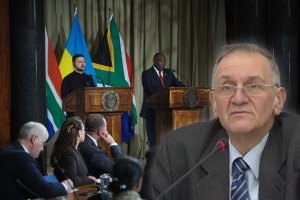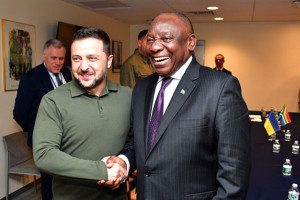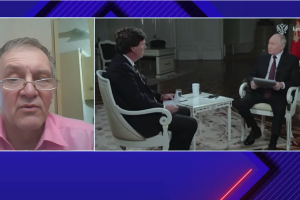Public funding for opposition parties: fairness or impunity?
Olexiі Sydorchuk Political analyst, Democratic Initiatives Foundation |
On May 18 the National Agency for Prevention of Corruption (NAPC) adopted a decision to transfer budget funds to two parliamentary parties – Batkivshchyna and the Opposition Bloc. While Batkivshchyna has received budget subsidies before, for the Opposition Bloc these funds will be the first since the introduction of the state financing of political parties in Ukraine. |
The decision of NAPC was rather controversial. On the one hand, the refusal to grant state funds to two of the main opposition parties in Ukraine, when all other parliamentary political forces receive budget funds, seems unfair. On the other hand, violations are evident in the financial reports of both parties, which gives grounds for refusal to grant them state financing.
According to the results of a joint investigation conducted by the civil movement Chesno and NAPC, fictitious contributions were shown in the reports of Batkivshchyna: individuals that claimed to know nothing about this apparently transferred funds to this party’s bank account. Notwithstanding that such facts were established, the NAPC was unable to take the matter to its logical end. In early April two of four members of the NAPC refused to support the conclusions that the actions of Batkivshchyna were a criminal offense. Then the main reason for this was a sharp conflict between members of the NAPC, which divided this institution into two camps and regularly prevented its smooth functioning.
Meanwhile, in the reports of the Opposition Bloc investigative journalists noted that companies that donated funds to the party are registered under false names of individuals who conceal their connection with the oligarchs Rinat Akhmetov and Vadym Novinskiy. However, the NAPC did not find any violations in such actions of the Opposition Bloc, which became a formal reason for granting state funds to this party.
Clearly, the best solution for the NAPC would be to pay the same degree of attention to all parties vying for state financing, because serious breaches can also be found among pro-government parties. For example, Chesno also noted that in 2016 the Popular Front party concealed information about at least a million hryvnia spent on so-called “jeansa” (hidden advertising) in media. The NAPC failed to carefully review the received information, though proving this fact would have been sufficient to deprive the Popular Front of the right to state financial support.
In general, the current situation is mostly caused by the limited capacity of the NAPC to effectively review party reports. However, if the shortage of personnel and resources required to undertake such a review can be compensated by the efforts of civil society and media, then the lack of attention of the NAPC to the finances of ruling parties could be testimony to its vulnerability to political pressure. This problem is quite serious as the destiny of the party finance reform will to a great extent depend on the capacity of the NAPC to become an independent institution and avoid political motives in its actions.









